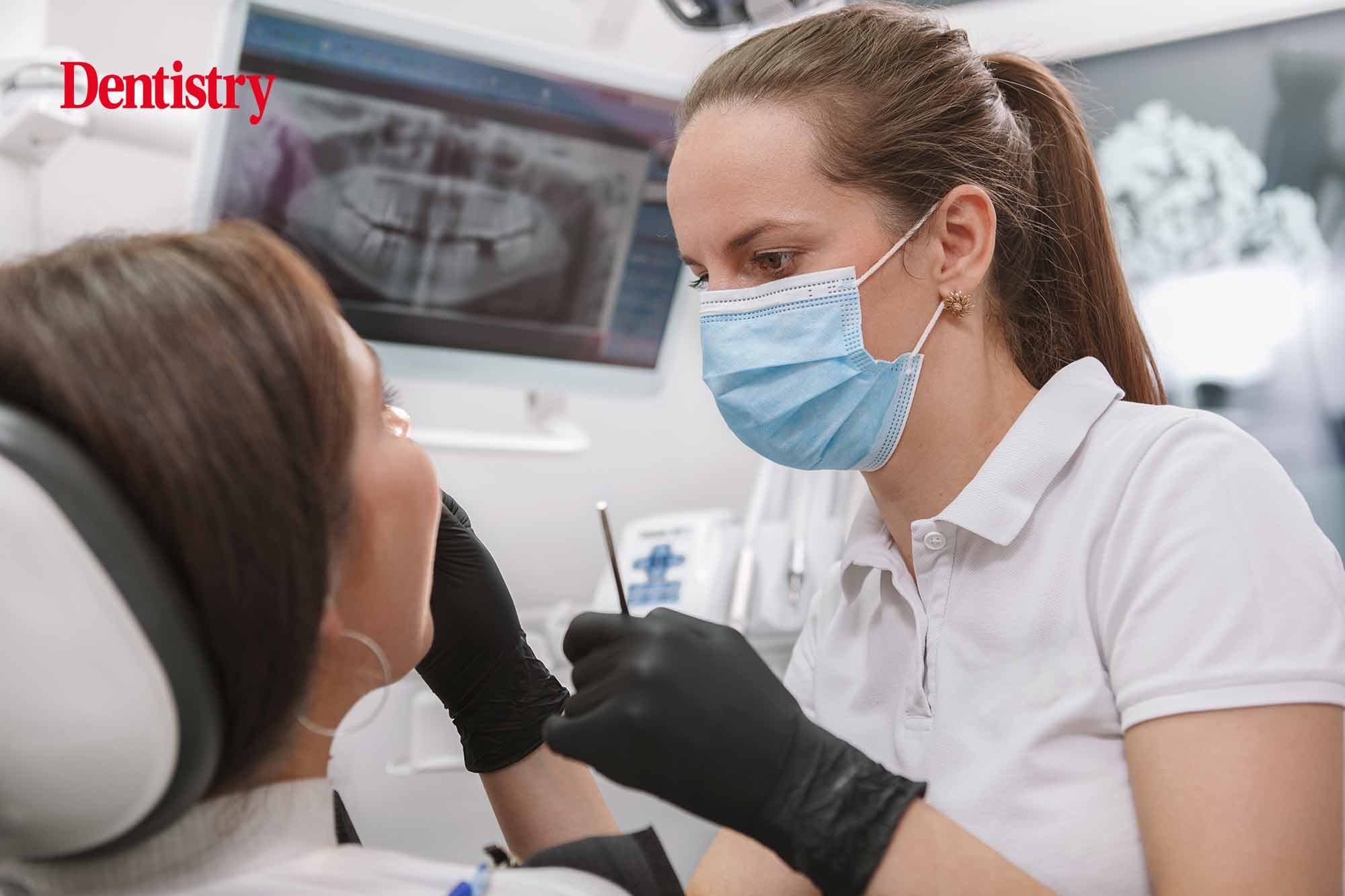 ‘Hugely disappointing in the current climate’: The DDU has urged dental professionals to take preventative steps when paying the ARF, after administrative problems removed members from the GDC register for over two months.
‘Hugely disappointing in the current climate’: The DDU has urged dental professionals to take preventative steps when paying the ARF, after administrative problems removed members from the GDC register for over two months.
The Dental Defence Union (DDU) has published advice to dental professionals when paying the ARF.
This comes after administrative problems, such as direct debit failure, caused members to be removed from the GDC register as a result.
The DDU has also stated a small, but significant, number of members have had to wait weeks in order to be restored on the register.
Therefore, it has urged the GDC to ‘simplify and speed up the process’ of restoring these members.
In addition, the GDC introduced the option to pay the ARF in quarterly instalments. This creates more opportunities for these administrative issues to occur as a result.
Dentistry’s top stories
- Ministers to make it simpler for overseas dentists to work in the NHS
- Dentist jailed for ‘mutilating patients’ from low-income neighbourhoods
- Four things that will change in dentistry this winter
- Death of Queen Elizabeth II – dentistry remembers England’s longest-reigning monarch
- ‘Pushing the boundaries is addictive’ – the story behind Face Teeth Smile.
‘Hugely disappointing’
Head of the DDU, John Makin, said: ‘With patients in some parts of the UK experiencing significant difficulties in accessing dental care, we need as many dental professionals as possible practising.
‘Unfortunately, a small but significant number of members have been unable to treat patients after their registration lapsed due to bank errors or missed correspondence.
‘The GDC’s own website currently indicates a target of three working weeks, increasing during busy periods.
‘However, we have members waiting for two months or more to be restored. This is hugely disappointing in the current climate.
‘It’s our responsibility as dental professionals to ensure we renew our registration, keeping our contact and bank details up to date with the GDC.
‘But it’s also vital that the GDC makes the administrative process as simple and speedy as possible, which is not the case currently.’
In addition, the GDC revealed in January that 1,079 dentists did not renew their registration. This makes up over 2.5% of those on the register.
‘At the DDU we wish to see the re-registration process simplified,’ John continued.
‘Not only is it extremely stressful for the dental professionals involved who cannot earn an income while they await restoration, but it means many dental patients are experiencing needless inconvenience and delays.’
Minimise the risk
In order to minimise the number of registration lapses, the DDU published tips to help dental professionals avoid this issue:
- Set up a reminder at the time your ARF is due (annually or quarterly, if you pay by instalments). Check everything is in order for a successful renewal and that each payment has been made successfully
- Ensure your contact and bank details with the GDC are up to date
- Try to ensure emails don’t go into spam by adding the relevant address to your contact list and marking past emails as legitimate. Keep an eye on your spam folder around renewal time, just in case
- Ensure you declare appropriate CPD requirements and that the declaration goes through correctly
- If your GDC registration lapses, inform your dental defence organisation as soon as possible
- You will not be able to treat patients until your registration is restored.
GDC response
A spokesperson for the General Dental Council said: ‘We thank the DDU for drawing attention to this important issue and calling on members of the dental team to fulfil their professional responsibility to complete their registration renewal.
‘Our primary purpose is to maintain patient safety and public confidence in dentistry and one of the ways we do this is through maintaining the register of dental professionals who have met the requirements to practise in the UK.
‘We communicate extensively with registrants – for example, on up to 15 separate occasions for those approaching the ARF deadline – across email, letter and text message to ensure they are fully aware of the steps they must take to maintain their registration.
‘But when those steps are not taken, professionals will ultimately be removed from the register and must then restore registration before they resume practice.
‘The periods following renewal are the busiest of the year for this type of application and this can lead to longer processing times.
‘Delays can also be caused by other issues, such as not providing the required information or documentation, or if other concerns are raised with us which need to be resolved before a professional can be restored to the register.’
Click here for more advice on paying the ARF.
Follow Dentistry.co.uk on Instagram to keep up with all the latest dental news and trends.


